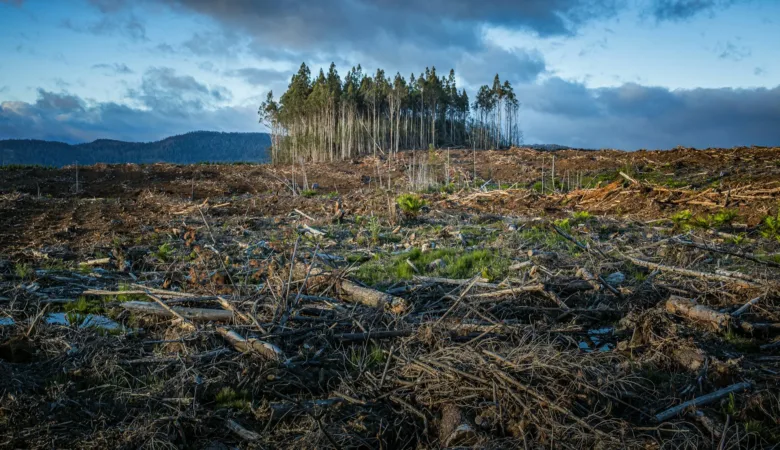Climate change is one of the most pressing issues facing our planet today. The burning of fossil fuels for energy production is a major contributor to greenhouse gas emissions, which are the primary cause of global warming. In order to mitigate the effects of climate change, it is crucial that we transition to renewable energy sources.
What are Renewable Energy Sources?
Renewable energy sources are sources of energy that are naturally replenished and do not deplete over time. Unlike fossil fuels, which are finite and non-renewable, renewable energy sources can be used indefinitely without harming the environment. Some examples of renewable energy sources include:
- Solar energy: Solar power is generated by harnessing the energy from the sun using photovoltaic cells or solar panels. It is a clean and abundant source of energy.
- Wind energy: Wind turbines convert the kinetic energy of the wind into electricity. Wind power is a rapidly growing source of renewable energy.
- Hydroelectric power: Hydroelectric power is generated by harnessing the energy of flowing or falling water. Dams and turbines are used to convert the energy into electricity.
- Biomass energy: Biomass refers to organic matter, such as wood pellets, agricultural waste, or dedicated energy crops, which can be burned or converted into biofuels to generate heat or electricity.
- Geothermal energy: Geothermal power is generated by tapping into the heat stored beneath the Earth’s surface. It involves using steam or hot water to drive turbines and generate electricity.
The Impact of Renewable Energy on Climate Change
Renewable energy sources have a significantly lower carbon footprint compared to fossil fuels. When we use renewable energy, we reduce our reliance on fossil fuels, which in turn reduces greenhouse gas emissions. This is crucial for combating climate change.
One of the main advantages of renewable energy sources is that they do not produce carbon dioxide (CO2) or other greenhouse gases during operation. For example, solar panels convert sunlight into electricity without emitting any harmful pollutants. Similarly, wind turbines generate electricity without producing any greenhouse gas emissions.
By transitioning to renewable energy sources, we can also reduce air pollution. Fossil fuel combustion releases pollutants such as sulfur dioxide, nitrogen oxides, and particulate matter, which have detrimental effects on human health and the environment. Renewable energy sources, on the other hand, have minimal or zero emissions of these pollutants.
Furthermore, renewable energy sources are sustainable and do not deplete natural resources. Fossil fuel extraction and consumption have significant environmental impacts, including habitat destruction, water pollution, and soil degradation. By shifting towards renewable energy, we can preserve natural resources and protect ecosystems.
The Global Transition to Renewable Energy
The transition to renewable energy is already underway in many parts of the world. Governments, businesses, and individuals are recognizing the importance of reducing our carbon footprint and investing in clean energy solutions.
Many countries have set ambitious targets for renewable energy deployment. For example, Germany aims to generate 65% of its electricity from renewable sources by 2030. Similarly, Denmark plans to be 100% reliant on renewable energy by 2050.
Investments in renewable energy technologies have also been increasing. Solar and wind power have become more cost-effective and competitive with fossil fuels. As a result, there has been a significant growth in the installation of solar panels and wind turbines worldwide.
However, there are still challenges to overcome in the transition to renewable energy. The intermittent nature of some renewable energy sources, such as solar and wind, requires the development of efficient energy storage systems. Additionally, the infrastructure for renewable energy generation and distribution needs to be expanded to meet the growing demand.
Conclusion
Renewable energy sources offer a sustainable and environmentally friendly solution to the challenges posed by climate change. By transitioning to renewable energy, we can significantly reduce greenhouse gas emissions, improve air quality, and preserve natural resources. The global shift towards renewable energy is crucial for mitigating the impacts of climate change and ensuring a sustainable future for generations to come.














Leave a Reply